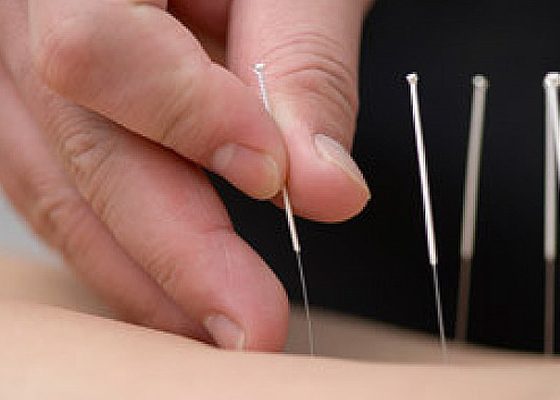The Dangers of Caffeine Overdose
Caffeine overdose occurs when the body is exposed to an excessive amount of caffeine, overwhelming its natural ability to metabolize the stimulant. This can lead to a range of symptoms, from mild to severe, including increased heart rate, jitteriness, anxiety, insomnia, gastrointestinal discomfort, and in extreme cases, cardiac arrhythmias or seizures. Dangers of Caffeine Overdose are particularly pronounced in individuals who consume large amounts of caffeine in a short period, such as through energy drinks or caffeine pills.
It’s crucial to be aware of the potential risks associated with excessive caffeine consumption and to moderate intake accordingly.
- Increased Heart Rate and Blood Pressure:
- Nervousness and Anxiety:
- Insomnia and Disrupted Sleep Patterns:
- Gastrointestinal Distress:
- Dehydration and Electrolyte Imbalance:Caffeine is quite a double-edged sword. While it can give you that much-needed jolt to start your day or power through a late-night study session, it’s also notorious for wreaking havoc on your gut. Picture this: you down a few too many cups of coffee or guzzle a couple of energy drinks to keep yourself going, only to find yourself doubled over with stomach discomfort, feeling queasy, or worse, making a mad dash to the bathroom. Yup, that’s the infamous Dangers of Caffeine Overdose at play.
- Seizures and Cardiac Arrest:
Recognizing the Signs of Caffeine Overdose

Given the widespread availability and consumption of energy drinks, it’s essential to be aware of the signs of caffeine overdose and take steps to prevent it. Some common symptoms to watch for include:
- Persistent rapid heartbeat or palpitations
- Excessive sweating or trembling
- Headaches or migraines
- Nausea or vomiting
- Difficulty breathing or shortness of breath
- Confusion or disorientation
- Hallucinations or delusions
If you or someone you know experiences any of these symptoms after consuming energy drinks or other caffeinated beverages, it’s crucial to seek medical attention immediately. Prompt treatment can help prevent serious complications and ensure a speedy recovery.
Reducing the Risk of Caffeine Overdose

To reduce the risk of caffeine overdose and its associated dangers, consider the following tips:
- Limit Consumption: Be mindful of how much caffeine you consume each day and aim to stay within recommended limits. The FDA advises adults to limit their caffeine intake to no more than 400 milligrams per day—roughly equivalent to four cups of brewed coffee.
- Read Labels Carefully: When choosing energy drinks or other caffeinated beverages, read the labels carefully to understand the caffeine content and serving size. Remember that some products contain multiple servings per container, so be sure to calculate your total intake accordingly.
- Stay Hydrated: Balance caffeinated beverages with plenty of water to stay hydrated and offset the diuretic effects of caffeine. Aim to drink at least eight glasses of water per day, more if you’re engaging in vigorous physical activity or spending time in hot weather.
- Avoid Mixing with Alcohol: Combining energy drinks with alcohol can mask the sedative effects of alcohol, increasing the risk of overconsumption and alcohol poisoning. Stick to non-alcoholic beverages when consuming energy drinks to avoid dangerous interactions.
- Choose Healthier Alternatives: Instead of relying on energy drinks for a pick-me-up, consider healthier alternatives such as green tea, herbal teas, or naturally caffeinated beverages like kombucha. These options provide a more moderate caffeine boost without the added sugar and synthetic ingredients found in many energy drinks.
- Prioritize Sleep and Stress Management: Address underlying factors contributing to fatigue, such as poor sleep habits and chronic stress. Prioritize sleep hygiene practices such as maintaining a consistent sleep schedule, creating a relaxing bedtime routine, and minimizing exposure to screens and electronic devices before bedtime.
- Seek Support if Needed: If you find yourself relying on caffeine to cope with fatigue or stress on a regular basis, consider seeking support from a healthcare professional or mental health therapist. They can help identify underlying issues and develop healthier coping strategies to reduce reliance on caffeine and improve overall well-being.
Conclusion
While energy drinks may offer a temporary boost in energy and alertness, the dangers of caffeine overdose are real and should not be underestimated. Excessive consumption of these beverages can lead to a range of adverse health effects, from mild discomfort to life-threatening complications. By being mindful of your caffeine intake, recognizing the signs of overdose, and taking steps to prioritize health and well-being, you can enjoy the benefits of caffeine without putting your health at risk. Remember, moderation is key when it comes to caffeine consumption—so drink responsibly and stay safe.



